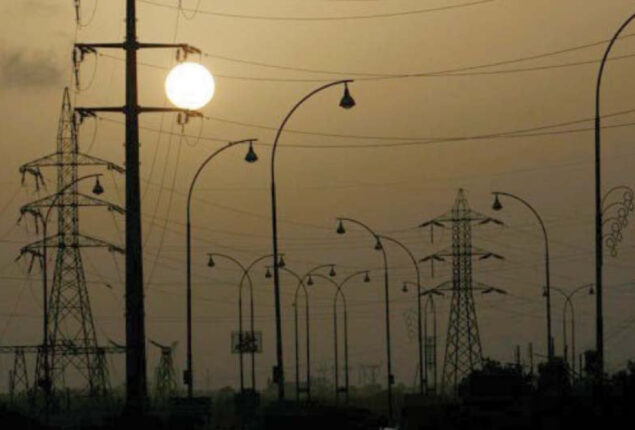
Non-supply of coal to three IPPs can increase import bill by $40 million
KARACHI: The current issues regarding the import of critical spare parts for mining are likely to increase the net fuel-based import bill of Pakistan by approximately $40 million for three independent power producers (IPPs).
It has been learnt that the mine operations of Sindh Engro Coal Mining Company (SECMC) are severely impacted due to the non-opening of the letters of credit (LCs) for the import of mining equipment.
“If this situation persists even for a month and the mine does not operate, it will force the country to import fuel worth $40 million for three IPPs being run on Thar coal,” a source said.
The source added that SECMC is providing 7.6 million tonnes of local coal/annum to three IPPs based in Thar and a delay in importing equipment has a direct impact on the Phase III project.
The total 2,640MW is generated from Thar coal Block-I and Block-II and its contribution is almost 30 per cent to the country’s power.
The current contribution of 2,640MW from the power plants using local coal is well in line with the Indicative Generation Capacity Expansion Plan (IGCEP) to meet a demand of 34,377MW by 2030.
The plan, covering 10 years (from 2021/30), will help increase the contribution of the energy generation by indigenous power from the existing 58.9 per cent to 90.2 per cent by 2030, which corresponds to higher energy security in the country.
The importance of using local coal for power generation can be gauged by the fact that the fuel cost from imported coal is much higher than the power generation from Thar coal.
According to the State of Industry Report 2022 issued by the National Electric Power Regulatory Authority (Nepra), the fuel cost/unit of energy generated from imported coal increased from Rs20.17/kWh to Rs29.12/kWh, while the per unit cost of energy generated from the local Thar coal remained around Rs4 to 4.5/kWh.
Pakistan imports coal mainly from South Africa and Indonesia and this imported coal has incurred a major price surge. The delivered price of South African coal increased from $177/tonne to $407/tonne during the last one year only.
Pakistan is currently spending approximately $21.43 billion annually on fuel imports, which is around 66 per cent of its total foreign exchange reserves.
Pakistan imports nearly one-third of its energy resources in the form of oil, coal, and regasified liquefied natural gas (RLNG) and currently 47 per cent of the existing installed capacity relies on imported fuel for energy generation.
To tackle dependency on imported fuels and enable reliance on indigenous energy supplies is crucial to supply cheap electricity to the consumers and industries that will push to ensure the much-needed energy security that the country deserves.
Read More News On
Catch all the Business News, Breaking News Event and Latest News Updates on The BOL News
Download The BOL News App to get the Daily News Update & Follow us on Google News.




